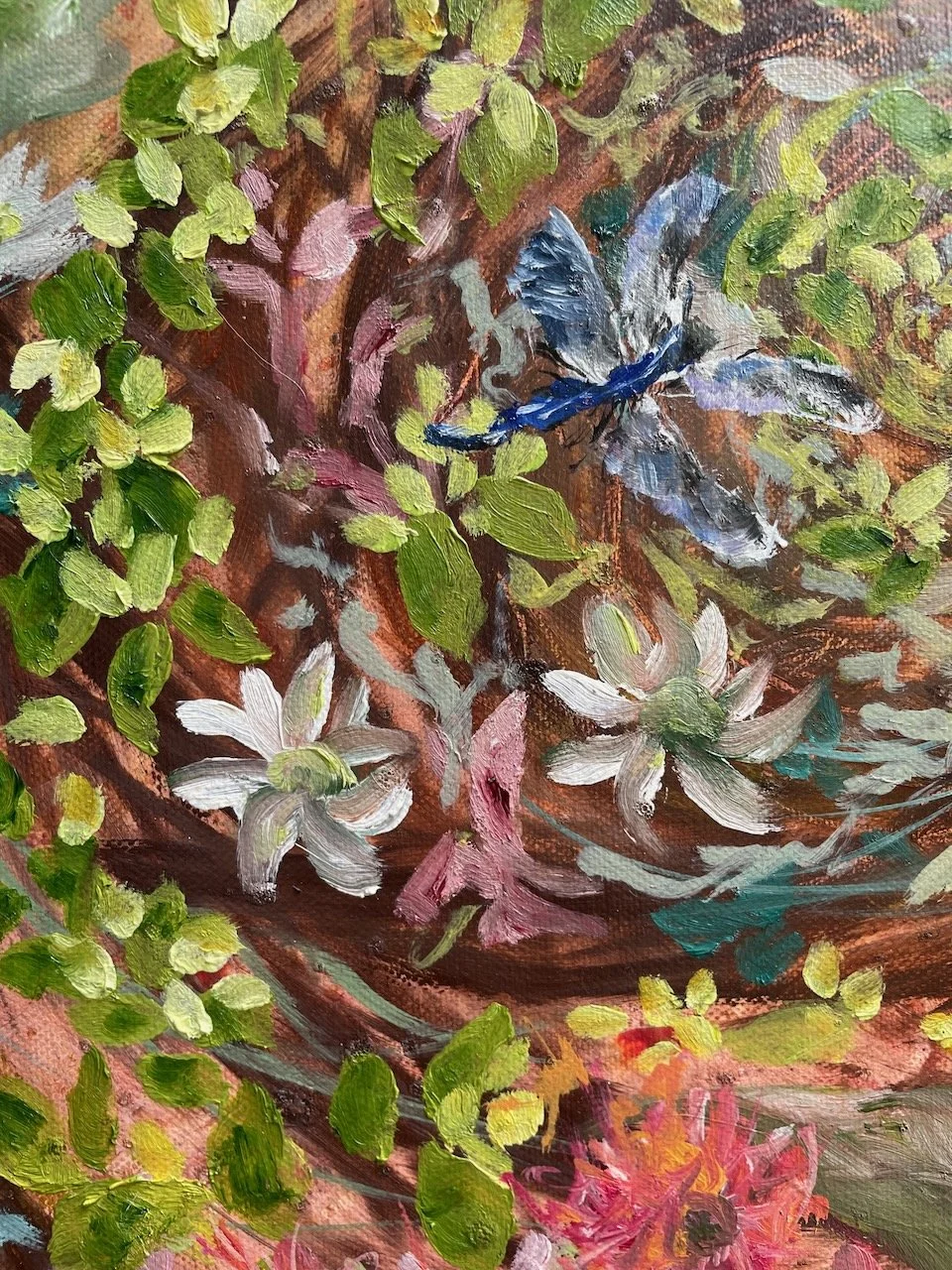Psychedelic Assisted Psychotherapy
The first time I heard of psychedelic therapy I have to admit that like many people, I had fear and misinformation based connotations. Wow has my view changed…. I am now a strong plant medicine advocate for its healing and transformational potential. There are now hundreds of university studies investigating the impacts of psychedelics (also commonly known as plant medicine depending on the source) showing promising potential to assist many mental health struggles where conventional medicine, psychology and psychiatry has had limited effectiveness. After more than 25 years working as a therapist and Clinical Psychologist, I had also personally struggled with chronic experiences of depression, over responsibility and difficulty managing high sensitivity and intuitiveness from a young age.
The challenge we come up against is that the human mind (or ego) is very good at getting stuck in rigid ways of being or experiencing the world. Psychedelics open a window to experiencing a different state of being or consciousness - for many people connecting them to profound experiences of connectedness, peacefulness and expansive awareness and experiencing being unhooked from the critical default mode part of the brain.
Australia is the first country in the world to have legalised Psychedelic Assisted Therapy but this is currently under very restricted circumstances. In my professional and person opinion, psychedelic assisted therapy holds enormous hope and value in improving long term conditions such as chronic depression, anxiety, PTSD and end of life anxiety (for most but not all people). I am also a passionate advocate for caring for and strengthening the wellbeing of those that help others - our therapists, medics, nurses, paramedics, police, teachers and other helping professions. In an ideal world I would love to see psychedelic therapy options become available to new and experiencing helping professionals if desired, to help strengthen their own mental health but also to increase understanding and experience in working in this area from a client perspective. I do believe that people have a right over their own consciousness providing they are not causing harm to themselves or harm or costs to the community. For many working in these professions, we are within a system that is overloaded and dysfunctional to mental wellbeing and throughout my career I have seen considerable trauma and strain so this is an area I feel very strongly about. I am a parent to two young people who are also working within frontline healthcare in the hospital system and I think caring for people working in these systems and areas is fundamental and has been very much neglected in many work environments.
In Australia approved prescriber psychiatrists can prescribe MDMA (for treatment resistant PTSD) and Psilosybin (for treatment resistant depression) under very limited conditions however this has been slow to access, excludes many patients from criteria and costs in the vicinity of $25 000 via a private clinic (for a course of three dosage sessions plus pre and post appointments).
There is also an underground movement in people accessing these approaches. Others choose to travel overseas to access these approaches as they are legal in some countries but the quality and degree of regulation varies. The two most commonly used and researched approaches involve use of psilosybin (from magic mushrooms) and MDMA (not strictly a psychedelic) administered in a therapeutic session with a therapy guide over a course of up to three sessions several months apart (usually). The training and mindset of the therapists, the safety of the environment and the degree to which a person has sufficient insight and has done therapeutic groundwork are extremely important. Psychedelic therapy for many people holds significant promise to be able to access transformational change to a degree beyond traditional therapy and medical treatment approaches and a combination of both can be optimal. I have had experience in doing integration work with MDMA, ketamine, psilocybin and ayahuasca. These approaches are pathways to accessing lightness, a deep sense of connection and meaning, psychological flexibility and letting go of old unhelpful patterns. There are many pathways and psychedelic therapy certainly isn’t right for everyone.
I think very differently about mental health and I don’t think it always fits into the medical model (though I am very supportive of some of the wonderful evidence based approaches and medicines which continue to make a big difference for people) but I think we need to look much wider to some of the causes of the current rates of mental health distress and I would love to see options that reconnect people to feeling empowered, having a sense of belonging and purpose and feeling cared for and valued as part of humanity. These resources are recommended for learning more:
Australian Multidisciplinary Association for Psychedelic Practitioners
Australian Autobiographical Book - Sassafras: A Memoir of Love, Loss and MDMA Therapy
A Dose of Hope - A Story of MDMA Assisted Therapy
ABC 2023 Documentary Changing Minds
Anam Cara - Certificate of Psychedelic and Contemplative Therapies (if you are a therapist keen to train in this area - I completed this course in its foundational stage and it is highly recommended).
Transformations - Healing Trauma with Psychedelic Therapy
Decomposing the Shadow: Lessons from the Psilosybin Mushroom by James Jesso
John Hopkins Center for Psychedelic and Consciousness Research is a wonderful guide to learning more about psychedelic therapy and research
The Australian Psychedelic Society
The Ego Staircase - How the Mind Traps Perception
Latest information and research regarding MDMA for treatment of PTSD
